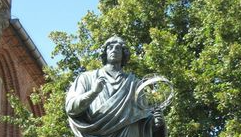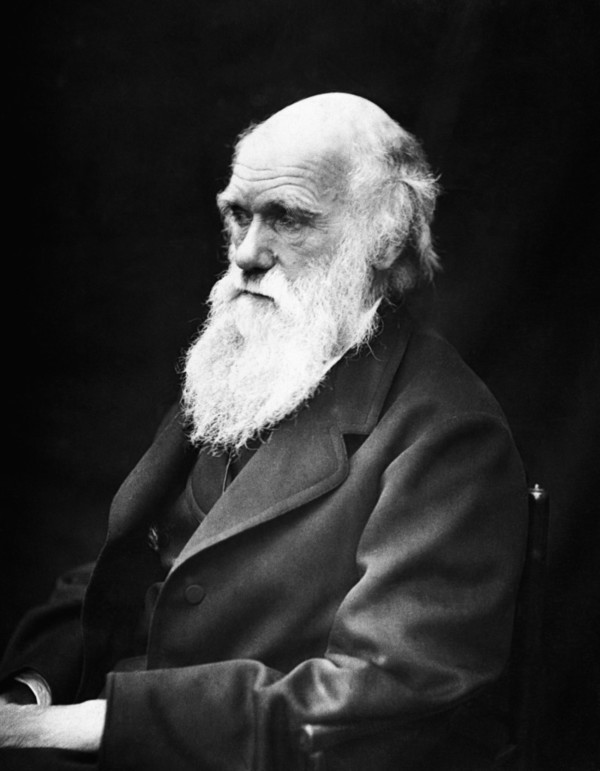
In the last few decades the pressure for publishing research articles has increased in the sciences. This pressure has grown in parallel to the recognition of the difficulties in replicating experimental designs and results in an increasing number of fields.
It is not known if the correlation between pressure for publishing and difficulties in replicating experiments is just spurious or it can be interpreted in more meaningful ways. The pressure to publish stands at odds with many exemplars of scientists in the past who might spend decades on the same essay or book. Of course, many scientists of the past were not really ‘professionals’ as today, and hence, they could only spend their ‘free time’ in scientific research. Others were polymaths, and since they contributed to many different fields and distributed their efforts in many enterprises, the contribution to each discipline could take more time than expected. However, in some cases there were specific ethical motivations to take all the necessary time before publishing scientific results. These motivations are connected to a traditional way of conceiving the ethos of science: science is the quest for truth, and the scientist is morally responsible for how he investigates nature and the type of results he disseminates. This moral responsibility is met by cultivating two specific virtues: patience and meticulousness. Two important exemplars of such concerns are Nicolaus Copernicus and Charles Darwin.
In 1543, Copernicus published De Revolutionibus Orbium Coelestium. In the original preface to this book, Copernicus wrote directly to Pope Paul III (Alessandro Farnese), and he explained the motivations for his research. While he was conscious that his book was going to undermine many shared beliefs in the community, he nonetheless emphasized that it was his duty to embark in such an effort because of the uncertainty of theories in the discipline in which he worked. So here is a first important thing to notice: no matter how many beliefs and theories a scientific research may undermine, the scientist has a responsibility towards truth. However, there is another important point that Copernicus seems to emphasize, namely that we should not disseminate theories that are not certain. Hence, it seems just fine to undermine very robust systems of beliefs, but we should do that only if we elaborate the best theory we can possibly have. The scientific conduct of Copernicus is consistent with this claim: he had worked on his theory for most of his adult life, and he waited just before his death to publish it. Since he was hampered by poor positions of observations and other responsibilities, he preferred to wait to publish his book until he had the best results he could possibly have (see for instance http://plato.stanford.edu/entries/copernicus/). In other words, since he was conscious of the responsibility that the scientist has toward truth and also towards the other scientists, he cultivated two important virtues. The first is meticulousness: the scientist must be as precise and careful as he can when doing science. This is also related to the second virtue, namely patience. Sometimes pressures coming from the community of scientist or the fear of being scooped may force scientists to make careless scientific moves.

A second exemplar of meticulousness and patience–though with an important limitation–is Charles Darwin. After his voyage on the Beagle, Darwin started to organize and systematize his own data and that disseminated by other scientists of his time. In 1844, he was almost ready to publish his famous theory of evolution by natural selection, but something unexpected happened. An anonymous essay (later attributed to Robert Chambers) called Vestiges of the Natural History of Creation started to circulate in the scientific community. This book contained a general thesis that is rather different from Darwin’s theory, but it shared some important points (like the idea of transmutation–species are not fixed types–and the idea of common descent). Many scientists close to Darwin harshly criticized this book and its theses. In light of these criticisms, Darwin realized that he needed more time to make his theory the best theory he could possibly elaborate. He understood that his revolutionary theses needed to be grounded unambiguously in as many data sets he could possibly include. For this reason, Darwin is an exemplar both of meticulousness and patience. However, the Origin of Species is in a sense the product of not being really patience. While he was still working on his big book, Darwin was forced to write an ‘abstract’ (almost 500 pages!) of his theory because he was going to be scooped by Wallace. In the next years then, Darwin spent most of his time refining some ideas of the Origin that were not entirely clear–especially because he was forced to publish it even if he was not completely fine with it.
In contemporary science – especially biology – the risk is that pressures from the community can force scientists not to be meticulous because of impatience. While the structure of science is very different from Darwin’s and (especially) Copernicus’ times, we should recover an appreciation of the value of patience and meticulousness–at least as regulative ideals.
Originally published by at ctshf.nd.edu on September 30, 2016.